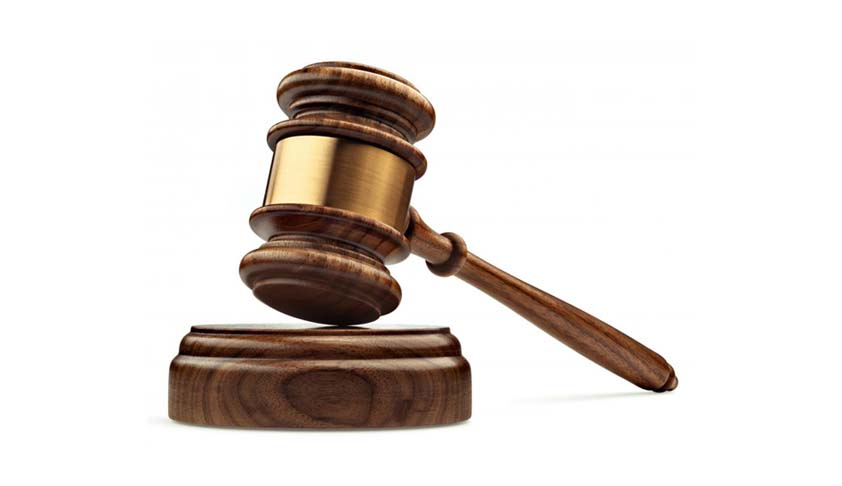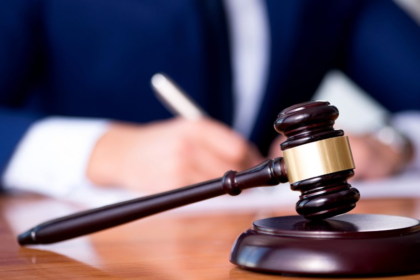Personal injury refers to an emotional injury to the mind, body or emotions, rather than a physical injury. In many American jurisdictions, the word is generally used to describe a kind of civil lawsuit where the injured person has been physically injured or has suffered physical damage to him or herself.
Personal injury claims are often time-consuming, costly and very expensive. Thus, it is important to hire a competent lawyer from a law firm like Richmond Vona, LLC to protect your rights.
Such injury law generally covers negligence, breach of contract, breach of warranty, false imprisonment, and intentional wrong. The person who has been injured can file a lawsuit against the person who caused his or her injuries, or on the people who have caused it.
In such cases, the plaintiff (the person filing the claim) is entitled to demand compensation from those who are responsible for the accident. Thus, an injured person can bring a personal injury law claim against companies that make defective products or fail to provide the necessary safety devices.
Personal Injury Laws
The personal injury laws of many countries have also allowed injured persons to recover damages from the corporations that were negligent. Thus, a person can sue an airline or a hotel for negligently causing an accident. The victims can also collect compensation from the companies that sold the defective product.
A personal injury claim is an action on behalf of the person claiming for the injuries. The claim can be filed with the help of an attorney or by filing a complaint against the negligent party. The process of personal injury law is long and arduous. It requires expert knowledge on the laws of different jurisdictions to win a case.
The Process of Personal Injury Law
- The first step in filing a personal injury claim is to prepare a written claim. The claim must be detailed and precise so that the plaintiff can prove his or her claim. Moreover, the claim should be able to explain the injuries that the victim suffered and how they came about. If the plaintiff’s story is not convincing, the case will never be successful.
- The second step is filing the complaint in court to ask for compensation for the damages caused by personal injury. This may include medical bills, lost wages, pain and suffering and other damages. The defendant can also be liable for punitive damages if he or she was aware of the defect that was the cause of the accident.
- The third step in the process of personal injury law is the settlement of the claim. This is done through the court. The defendant is liable to pay the compensation that the victim can ask for, which may differ from case to case. However, the court will take into consideration the nature of the injuries suffered and the extent of the loss and then make a payment agreement.





